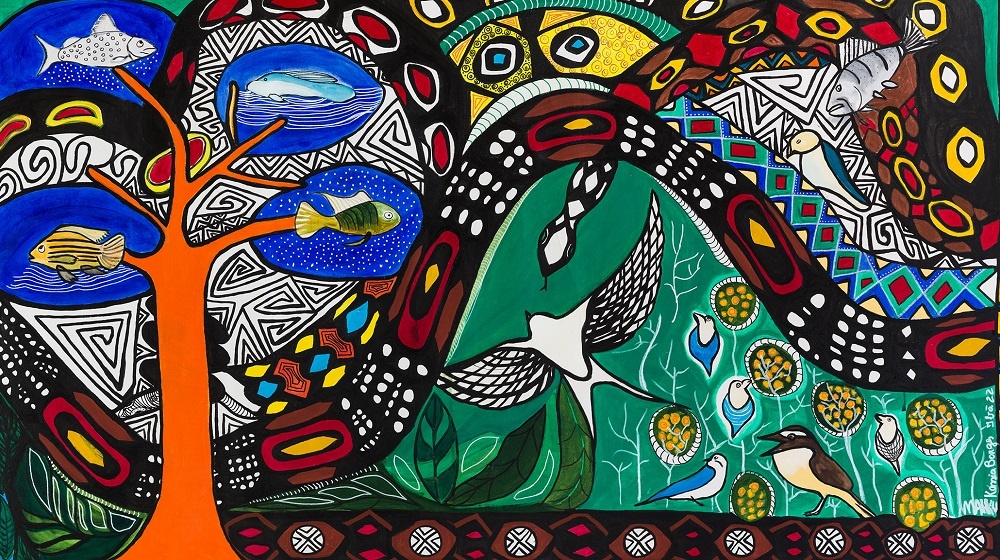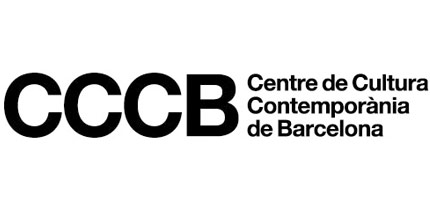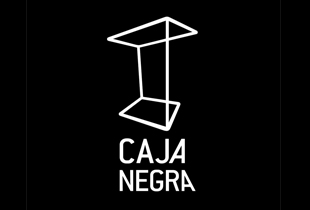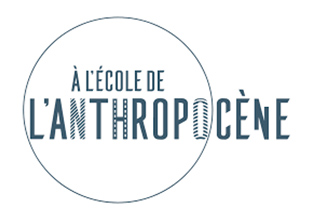Amazons
Politics of the Forest
Debates
People from different fields invite us to look at the forest from new perspectives that reveal their complexity as political and cultural spaces. Participating in these conversations are Davi Kopenawa, leader of the Yanomami people, Raki Ap, leader of Indigenous West Papuan struggles, the anthropologist Eduardo Viveiros de Castro, the philosopher Déborah Danowski, the architect and curator Paulo Tavares, the lawyer and writer Philippe Sands, and the jurist and activist Teresa Vicente.
We often imagine the jungle as pristine nature, almost unpopulated and with few traces of culture. This notion, legacy of a colonial and anthropocentric mindset, is far from the reality. The jungle is home to a complex political community, with a mesh of ties among species which, over the centuries, have given rise to elaborate practices and forms of knowledge that have had a profound impact on their environment. Over all these years, Indigenous communities have safeguarded the delicate balance among the different worlds that coexist in the forest, and their stories reveal how understanding and respect among the different planes of existence, including the spiritual sphere, are absolutely for essential for preserving life.
The jungle is also a crucial space of political resistance, where Indigenous peoples are confronting the voracity of global capitalism and fighting on the front lines of the battle against the climate emergency. These ancestral cultures are showing us today that it is necessary to live in harmony with the rhythms of the planet, and also how vital it is to rethink out societies in order to make possible the worlds that are to come.
This activity is part of Amazons
Related contents
Philippe Sands and Teresa Vicente
Rights for Nature
Philippe Sands and Teresa Vicente, eminent figures in the domain of environmental justice, describe their struggle to take legal action against ecocide, and to get ecosystems recognised as subjects with rights.
Paulo Tavares
Forest Architectures
The architect and researcher Paulo Tavares challenges the forest/city dichotomy in his study of landscapes of the Amazon rainforest and advocates decolonisation of architecture and design, and to promote practices that are rooted in the earth, as fruit of interaction between humans and non-humans, and that question the division between nature and culture.














